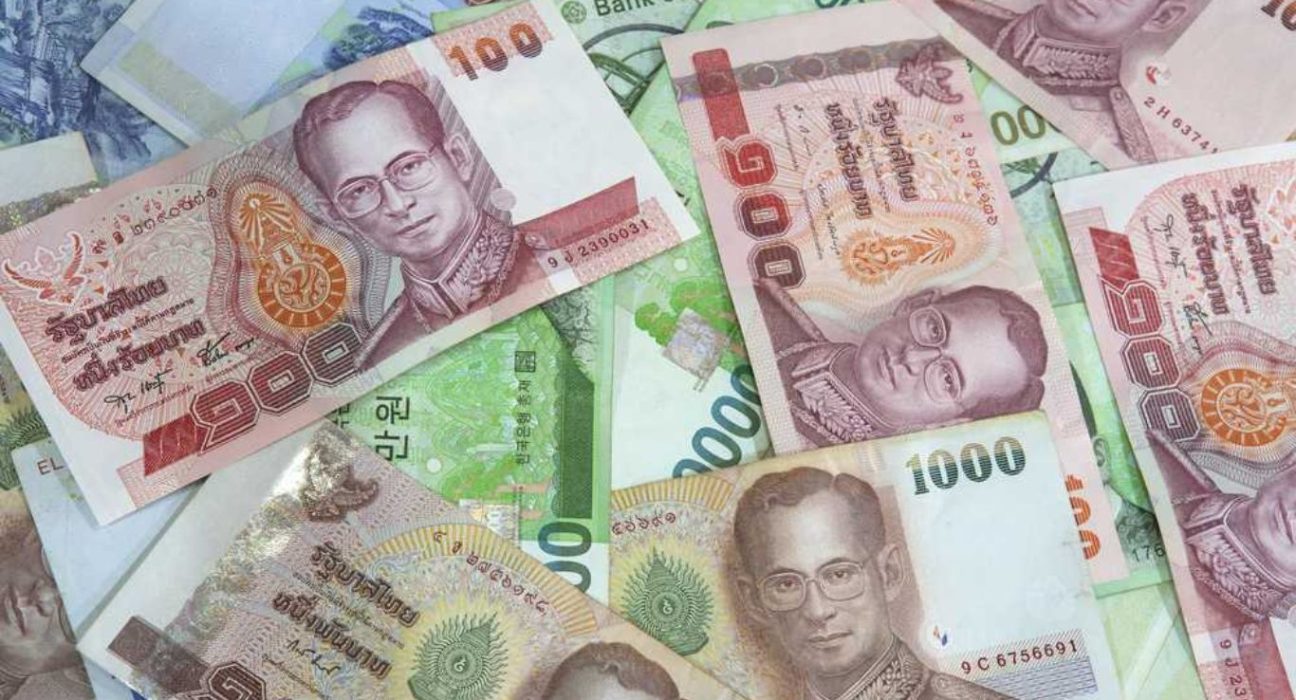On Sunday, Thailand held its first general election since the 2014 military coup that ousted the elected government of Yingluck Shinawatra. The election saw a surge of support for pro-democracy parties, especially the Move Forward Party, which emerged as the leader in the polls with about 25% of the votes. The party is led by Pita Limjaroenrat, a Harvard-educated entrepreneur who has vowed to end business monopolies and promote growth outside of Bangkok.
The Move Forward Party is expected to form a coalition with other pro-democracy parties, such as Pheu Thai, which came second with about 23% of the votes. Pheu Thai is the party of former prime ministers Thaksin and Yingluck Shinawatra, who were both ousted by military coups in 2006 and 2014, respectively. Pheu Thai’s leader Cholnan Srikaew said the party is ready to back Pita as prime minister. “We respect the voice of the Thai people. They gave the mandate to Move Forward to win the most seats,” Cholnan said. “We are willing to work with them as the pro-democracy party.”
Military-Backed Government Faces Defeat
The pro-democracy parties are projected to win about 292 seats, more than enough for a coalition majority in the 500-seat lower house. However, they still face a challenge from the military-backed government of Prime Minister Prayuth Chan-Ocha, who took power in the 2014 coup and has ruled with an iron fist ever since. Prayuth’s party, Palang Pracharath, came third with about 21% of the votes, and is likely to seek support from smaller parties and the Senate.
The Senate is a 250-member body that was appointed by Prayuth’s government four years ago, and has a say in legislation and the next premier. Under Thailand’s constitution, which was drafted by the military junta in 2017, a prime minister needs to secure at least 376 votes from both houses of parliament. This means that Prayuth could still retain his position if he can win over enough senators and allies.
Markets React to Election Outcome
The Thai baht reacted negatively to the election outcome, as investors feared that political uncertainty and instability would persist in the country. The baht fell to 31.65 per dollar on Tuesday, its lowest level since April 12. The currency has weakened by about 2% since the start of the year, making it one of the worst performers in Asia.
“The baht is under pressure from political uncertainty and a lack of clarity on who will form the next government,” said Kobsidthi Silpachai, head of capital market research at Kasikornbank Pcl. “Investors are also concerned about potential policy changes that could affect some sectors and businesses.”
The stock market also declined on Tuesday, with the benchmark SET Index dropping by 1.3%, led by losses in companies linked to some of the nation’s billionaires. These include Gulf Energy Development Pcl, Advanced Info Service Pcl and Intouch Holdings Pcl, which are backed by billionaire Sarath Ratanavadi; and CP All Pcl, True Corp. Pcl and Siam Makro Pcl, which are majority owned by Dhanin Chearavanont’s Charoen Pokphand Group. These companies have benefited from limited competition in sectors such as telecom and power, but could face more challenges if a pro-democracy government introduces more reforms and regulations.
On the other hand, some analysts said that the election result could be positive for Thailand’s economy in the long run, as it could boost consumer confidence and spending, as well as attract more foreign investment. Thailand’s economy grew by 4% in the first quarter of 2023, beating expectations and showing signs of recovery from the Covid-19 pandemic.
“The election outcome is a positive surprise for Thailand’s democracy and economic prospects,” said Euben Paracuelles, chief Asean economist at Nomura Holdings Inc. “A pro-democracy government could implement more policies to support growth and reduce inequality, which would benefit most Thais and foreign investors.”
What’s Next for Thailand?
The Election Commission is expected to announce the official results of the election by May 31, after which negotiations among parties will begin to form a coalition government. The process could take weeks or even months, as Thailand’s politics is known for its twists and turns and frequent interventions by the military and the monarchy.
The new government will face many challenges ahead, such as reviving the tourism industry, which has been hit hard by travel restrictions due to Covid-19; addressing social issues such as poverty, education and health care; and maintaining good relations with Thailand’s allies and neighbors.
Thailand’s future also depends on how well the pro-democracy parties can work together and overcome their differences, as well as how they can deal with potential resistance from the military-backed establishment and its supporters.
“The election marks a historic moment for Thailand’s democracy movement,” said Thitinan Pongsudhirak, a political scientist at Chulalongkorn University. “But it also opens up a new chapter of uncertainty and volatility for Thailand’s politics.”










